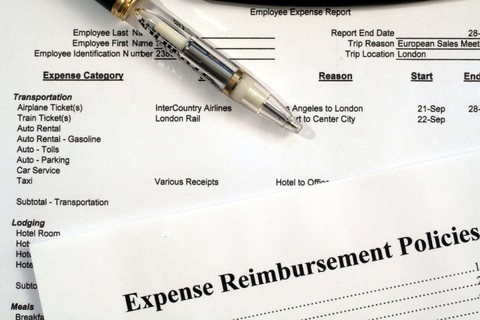Why Boards Should Watch CEO Expenses
Published:Just last month the Indianapolis Business Journal reported that the former CEO of Hendricks Power Cooperative, in Avon, was sentenced to 33 months in prison for embezzling over $580,000 from the organization. The CEO had falsified his expense reports for six years, by fraudulently reporting personal expenses as business expenses. His fraudulent expense reports gained him reimbursement for personal vacations, jewelry, iPhones, iPads, tickets to sporting events, clothing and meals.
The 2016 Association of Certified Fraud Examiners, Report to the Nations on Occupational Fraud and Abuse, noted when executives committed fraud, the median damage was ten times worse than when employees were the perpetrators. In addition, asset misappropriation (like expense report and credit card fraud) was by far the most common form of fraud, occurring in more than 83% of the cases. Victim organizations that lacked anti-fraud controls suffered greater median losses.
Instances of theft, or even abusive spending, can significantly damage the reputation of a not-for-profit and its governing board. Many organizations cannot afford not only the initial loss due to theft, but the subsequent loss of public trust that may result in loss of contributions and grants.
As a best practice, an Officer of the Board should periodically review the expense reports and credit card activity of the Organization’s CEO. These reviews may occur post payment to avoid delays in timely payment of Organization obligations. The reviewer should be alert for reimbursement requests that lack supporting documentation, multiple expense reimbursement requests for the same amount, receipts that include personal items and travel related expenses submitted at a time when the employee doesn’t normally travel.
Organizations should also consider the following best practices to deter expense report and credit card fraud:
- Require receipts for all expense report claims and credit card transactions. Meals should include the detail receipt, not just the signature receipt.
- Require signed approval of all expense reports and credit card statements prior to payment.
- Set credit card limits appropriate for the role of the individual card holder.
- Don’t reimburse expenses that are not supported.
- Establish a credit card policy that:
- sets guidelines for the appropriate us of the card, including types of transactions that are prohibited
- prohibit cash advances
- allows for recuperation of disallowed charges through payroll deductions
If you would like additional information or to discuss the topics mentioned, please contact me at 317-241-2999 or ameko@greenwaltcpas.com.
